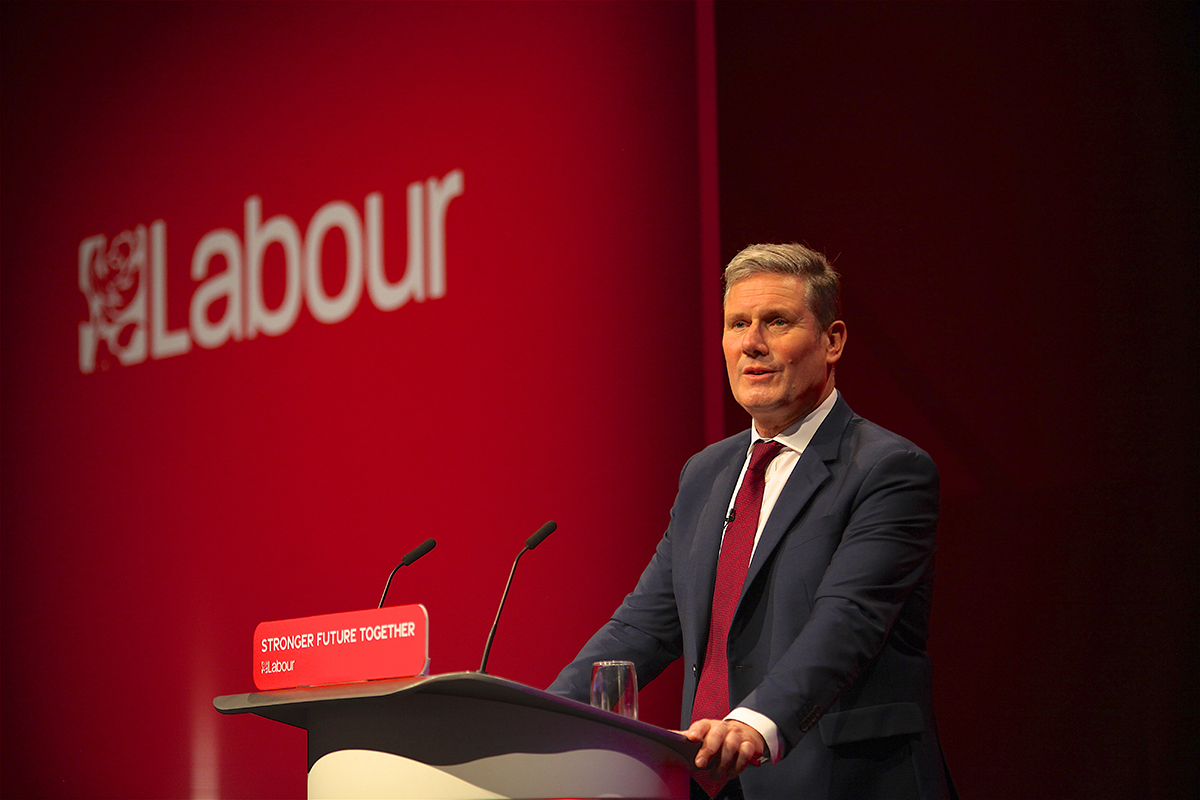The UK’s principal opposition party, the Labour Party, has committed to discarding Prime Minister Theresa May’s vision for Brexit if they come out victorious in the June general election. Their proposal leans towards a gentler disengagement from the European Union (EU).
Keir Starmer, Labour’s point person on Brexit, made it clear that, under their governance, EU citizens residing in the UK would be assured of their rights to stay post-Brexit. Furthermore, he indicated openness to preserving the advantages of the EU’s single market and customs union.
During his detailed presentation on Labour’s Brexit stance in London, Starmer painted a contrasting picture to May’s “hard Brexit” approach.
While May is inclined towards a definitive exit, excluding the UK from the single market and lifting the mandate for unrestricted EU migration – known as “freedom of movement” – Starmer described such an approach as “rash.” He emphasized the June 8 election as a platform for British citizens to decide the nature of Brexit they envisage.
Starmer remarked, “Brexit isn’t bound by Theresa May’s interpretation. We don’t endorse the idea of a hasty Conservative Brexit,” alluding to May’s party by its informal title.
He conveyed Labour’s distinct vision for a Brexit that benefits both the UK and the EU.
He elaborated that, under a Labour government, May’s Brexit negotiation blueprint would undergo revisions to ensure maximum benefits from the single market and customs union. Starmer also assured that the rights of EU residents in the UK would be upheld “from day one,” and reciprocal measures for British citizens in the EU would be pursued.
However, May was quick to label Labour’s proposal as “illogical,” asserting that only her Conservative Party possesses a lucid Brexit game plan.
Commenting on Labour’s strategy during her Wales visit, she remarked, “This seems like Labour’s seventh attempt at a Brexit strategy.”
Last week, May took the country by surprise by announcing an early election, much before her government’s term was set to conclude. She expressed her intention to secure a definitive mandate on her Brexit vision and suppress dissenting voices in the Parliament. Although her party currently holds a slight majority in Parliament, polls indicate a potential increase in their seat count after the June election.
Internally, May grapples with differing opinions within her party regarding Brexit strategies.
On March 29, the UK formally initiated its separation process from the EU, marking the start of concluding a 44-year alliance.
The unfolding political dynamics surrounding Brexit showcase the multifaceted challenges and intricacies of disentangling from a long-standing union. As the UK moves forward, the choices made during the upcoming general election will indelibly shape not only the nation’s relationship with the EU but also its position on the global stage. As the citizens prepare to cast their votes, the essence of the nation’s future hangs in the balance.







